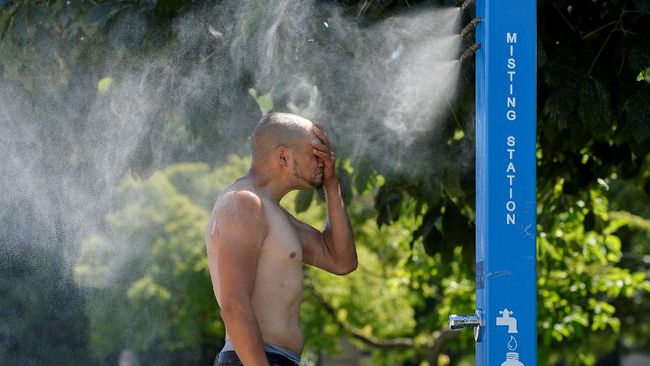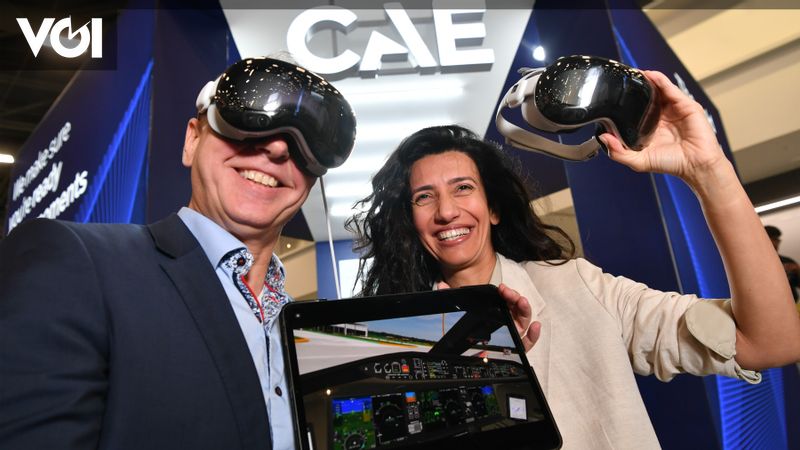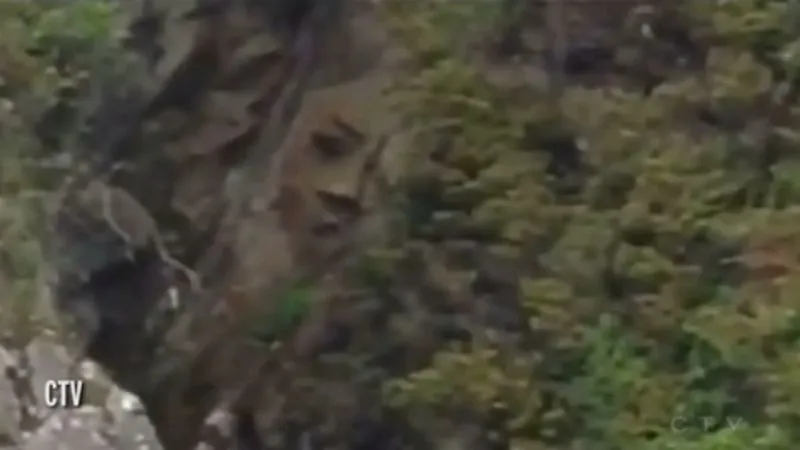Tokyo –
The three-day summit of the industrialized countries belonging to the G7 will be held from Friday to Sunday, May 19 to 21, in the historical city of Hiroshima in Japan. The main focus of their discussion was how to increase aid to Ukraine against the Russian invasion, in addition to important economic topics such as the use of AI artificial intelligence and its regulation.
In addition to highlighting the war in Ukraine, leaders will chart a cautious course against Beijing’s policy, while emphasizing the need to reduce critical supply chain risks by diversifying away from China.
Earlier at last month’s G7 foreign ministers’ meeting, seen as a preparation for the Hiroshima talks, the focus was on China’s “militarization” of the South China Sea. G7 foreign ministers at the time warned Beijing about everything from its nuclear arsenal to its trade practices.
The G7 summit later this week is expected to discuss cutting dependence on critical supply chains from China and ending high-tech exports to the country. The United States, for example, banned exports of its most advanced semiconductors to China and convinced Japan and the Netherlands to follow suit.
Redefining the relationship with China
But the EU warned this week that the G7 must “define” and “recalibrate” its position. “We are looking for a multifaceted approach to our economic relations with China,” European Commission President Ursula von der Leyen said on Monday (5/15).
“It is characterized by deriskand not decoupling,” he added.
As an example, he described China’s “economic coercion” attempts targeting Lithuania, Japan and Australia. “We are more vulnerable to coercion (…) when addictions pile up. That’s why we act,” he added, citing the issue of critical raw materials as one of the themes to be discussed. .
The European Union angered Beijing when it proposed limiting exports of sensitive technology to eight Chinese companies that would have shipped them to Russia. The Hiroshima summit is expected to push for similar action to close loopholes in the G7 countries’ sanctions that have been imposed on Russia.
Long guest list
Ukrainian President Volodymyr Zelenskyy, who recently visited several European capitals, will address the G7 summit via video.
“I would expect the main issue to be compliance and enforcement of sanctions, especially in the non-aligned countries of the South,” said Maria Snegovaya, senior Russia and Eurasia researcher at the Center for CSIS Strategic and International Studies in Japan.
The G7 is made up of Japan, the United Kingdom, the United States, Canada, France, Germany, Italy and the European Union. This time, the list of non-G7 guests invited by Japan as host was quite long. Leaders from Brazil and India have been invited to attend. Other guests included the President of the African Union of Comoros, the President of the Cook Islands and Pacific Islands Forum, the President of ASEAN Indonesia and Vietnam. Australia and South Korea will also be there.
hp/yf (afp, rtr)
See also the video “ASEAN countries agree to implement local currency transactions”:
(nvc/nvc)

“Travel nerd. Social media evangelist. Zombie junkie. Total creator. Avid webaholic. Friend of animals everywhere. Future teen idol.”


:strip_icc():format(jpeg)/kly-media-production/medias/3387188/original/007486800_1614303448-banner__1_.jpg)



